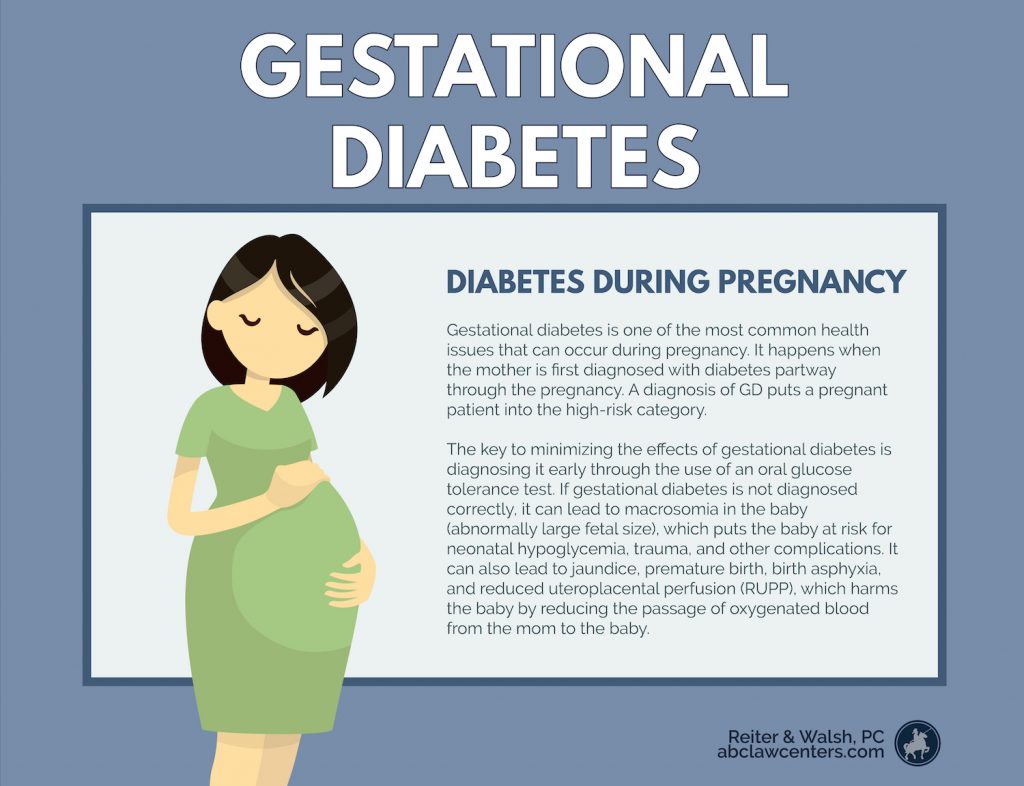What Is Diabetes And How It Occurs
As a pregnant woman, it is important to be aware of all the health risks that may come your way. One such risk is gestational diabetes. This is a condition that affects pregnant women and can have severe consequences for both you and your unborn baby. In this article, we will dive into the details of gestational diabetes and discuss everything you need to know about it.
What is Gestational Diabetes?
Gestational diabetes is a type of diabetes that occurs during pregnancy. It is a temporary form of diabetes that usually occurs in the second or third trimester of pregnancy. This is because during this time, the placenta produces hormones that can interfere with the insulin produced by the pancreas. This can lead to high blood sugar levels and cause gestational diabetes.

Causes of Gestational Diabetes
Gestational diabetes is caused due to the insulin resistance that occurs during pregnancy. In normal pregnancy, the insulin levels increase to meet the demands of the body. However, in gestational diabetes, the body is unable to produce enough insulin to meet the increased demand. This causes high blood sugar levels.
Symptoms of Gestational Diabetes
Gestational diabetes may not have any symptoms and is usually diagnosed through the glucose tolerance test. However, some women may experience symptoms such as increased thirst, frequent urination, fatigue, and blurred vision. It is important to get tested for gestational diabetes if you are experiencing any of these symptoms.

Risks Associated with Gestational Diabetes
Gestational diabetes can have serious consequences for both the mother and the baby. Women with gestational diabetes are at a higher risk of developing type 2 diabetes later in life. They are also more likely to have a difficult delivery and require a cesarean section. For the baby, gestational diabetes can cause macrosomia (large birth weight), low blood sugar levels, and jaundice.
Treatment and Prevention of Gestational Diabetes
The treatment of gestational diabetes involves a combination of a healthy diet, exercise, and monitoring blood sugar levels. In some cases, insulin injections may also be prescribed by a doctor. It is important to maintain a healthy lifestyle during pregnancy to prevent gestational diabetes. This includes maintaining a healthy diet, getting regular exercise, and monitoring weight gain.
Conclusion
Gestational diabetes is a serious condition that affects pregnant women and can have severe consequences for both the mother and the baby. It is important to get tested for gestational diabetes and take the necessary precautions to prevent it. Maintaining a healthy lifestyle during pregnancy is essential to prevent the onset of gestational diabetes and ensure a healthy pregnancy.
If you are experiencing symptoms of gestational diabetes or if you have been diagnosed with the condition, it is important to work closely with your doctor to manage the condition and ensure the best possible outcome for you and your baby.